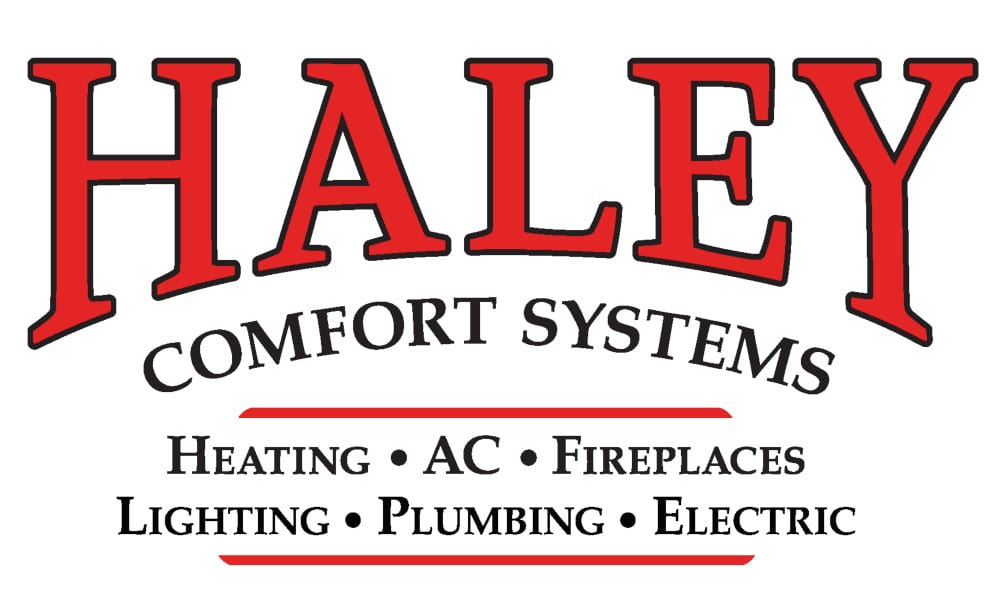Between rising energy costs and the environmental impact of increased energy use, it is important for every homeowner to take steps to improve home energy efficiency. When it comes to increasing home energy efficiency, the individual homeowner has many options. Some involve making the actual structure of the home more efficient and others just require a minor shift in the way we do things. Many of these simple tips for increased energy efficiency require little to no change of lifestyle while providing the homeowner with lower utility bills.
1. Switch to more efficient lighting
The type of home lighting we use can make a significant contribution to home energy efficiency. One light might not make a huge impact, but over scale of a whole house, the energy consumption adds up. Switching to Energy Star approved lighting fixtures can go along way toward reducing energy consumption and lowering the cost of lighting your home. Even without switching the entire fixture, using compact fluorescent bulbs instead of the traditional incandescent bulbs will provide good results. While compact fluorescents cost a little bit more to purchase, they save the homeowner money in the long run due to the increased efficiency and longer operating life of the bulb.
2. Use products that are more energy efficient
Many people don’t realize the energy consumption that goes into the use of the many products that help us to maintain out lifestyles. Switching to energy efficient appliances and electronics will increase the overall energy efficiency of any home. Consumers can find Energy Star approved devices that cover everything from countertop appliances like mixers and toaster ovens to larger appliances like dishwashers, refrigerators and washing machines. You can also shop for efficient electronics like stereo systems, televisions and computers. Being conscious of home energy consumption when you are shopping for electronic devices will help you to increase home energy efficiency without requiring a change of lifestyle or costing a lot of money.
3. Reduce unnecessary waste
Limiting the amount of wasted energy is one of the keys to increasing home energy efficiency. This concern can be approached in a variety of ways. Make sure to turn off all lights, electronics and appliances when they are not being used. In the summer, only air condition rooms that are being used by closing the registers in unoccupied areas. If an electronic device goes into a standby mode instead of completely shutting down, unplug that appliance when it is not in use. Installing a programmable thermostat can also help to reduce wasted energy.
4. Perform regular maintenance on your home climate control system
A well maintained climate control system will not only cool and heat your house better, but it will also do it more efficiently. Simple steps like checking and changing the filters on your furnace will help to keep the system running more efficiently. It is also important to have your air conditioning unit inspected and cleaned annually. At the beginning of the usage season have a technician perform the routine inspection to ensure that everything is operating properly. These steps will not only improve the efficiency of the climate control system, but they will also help to ensure a long operating life for the equipment.
Increasing home energy efficiency can be achieved without dramatic changes to your lifestyle or spending a lot of money. All of these steps and more can be easily done by any person with minimal effort and cost. Reducing your home energy consumption not only provides the piece of mind that comes with doing your part to conserve resources and limit your impact on the environment, but it also comes with the added benefit of lower home energy bills.
